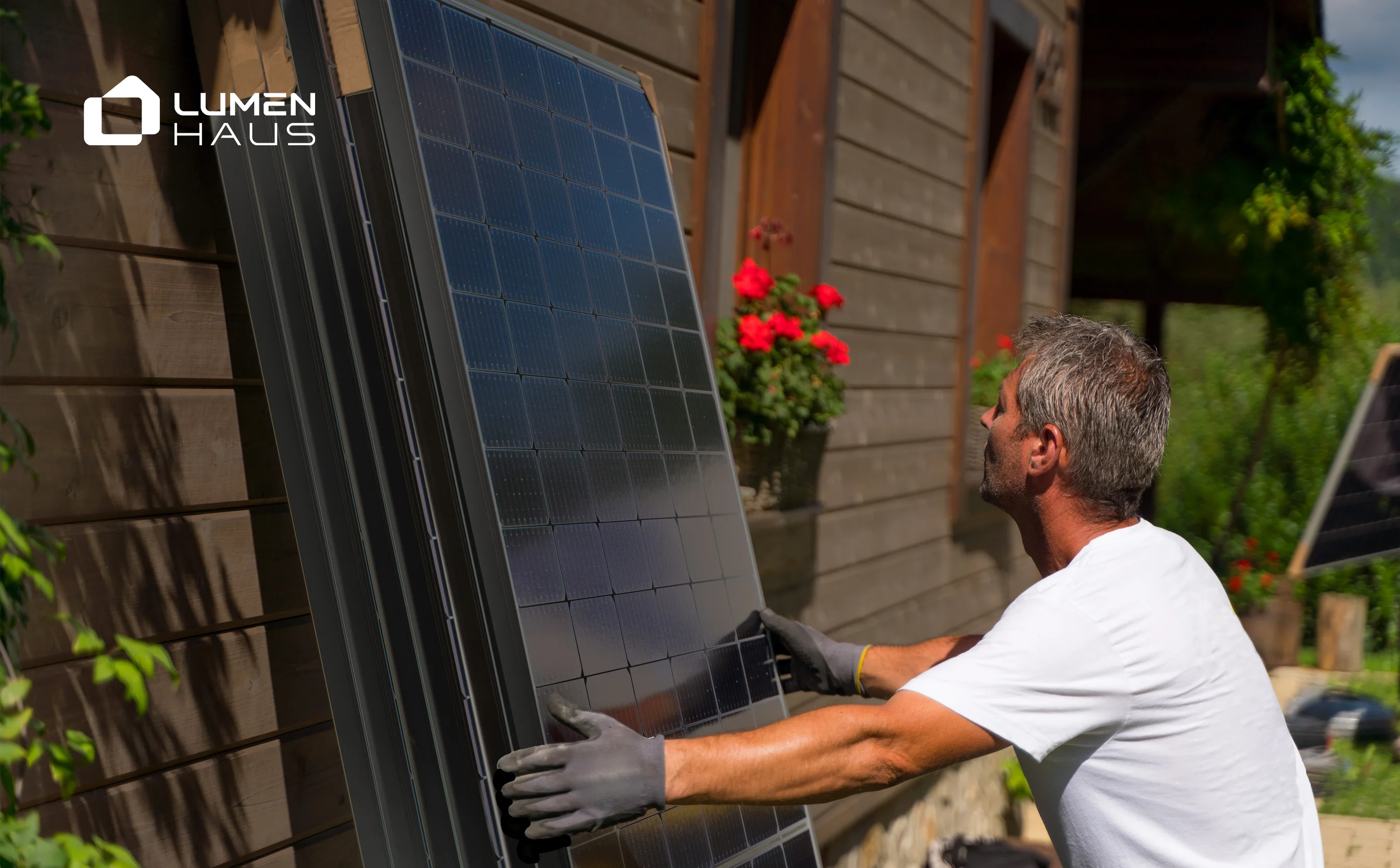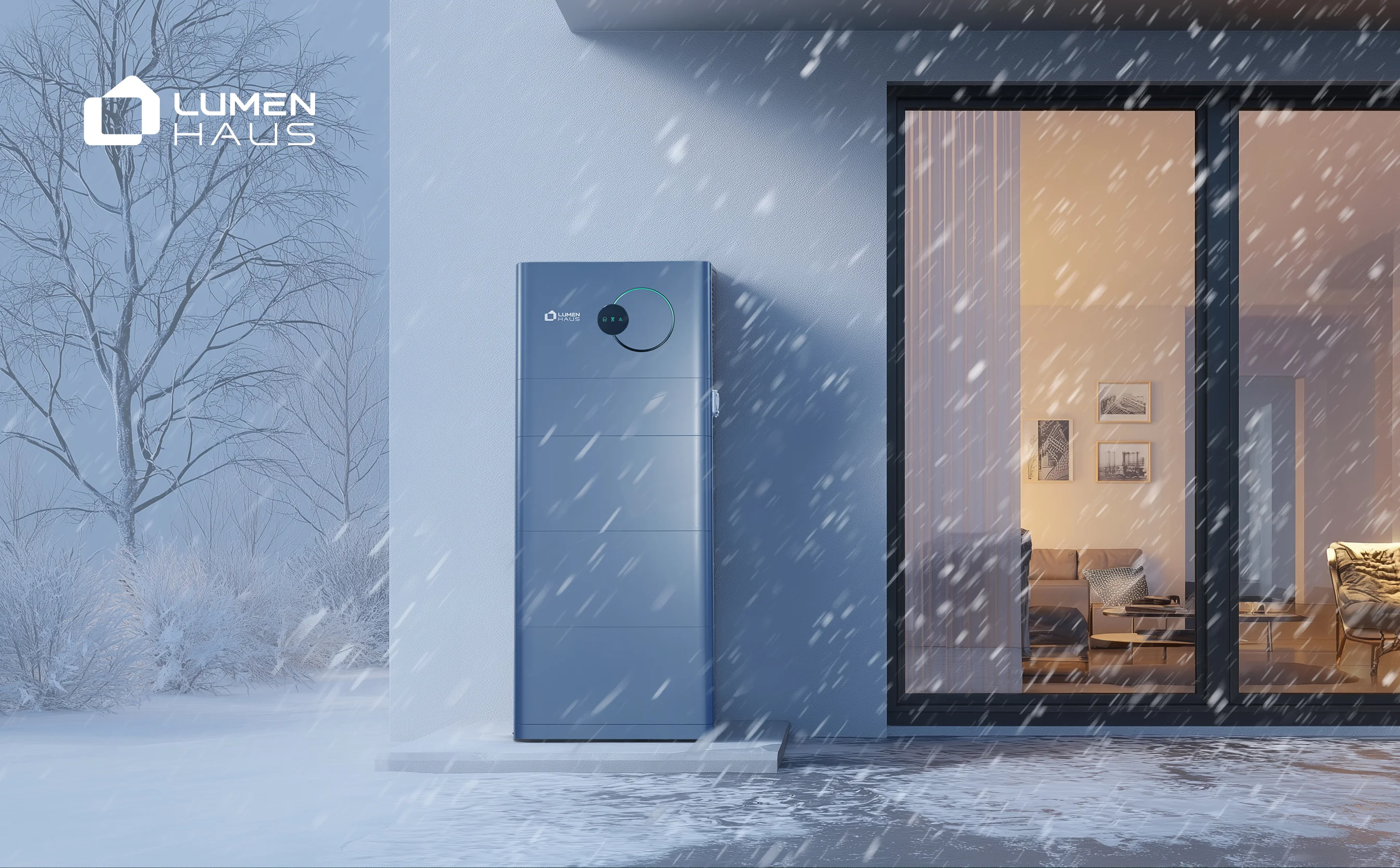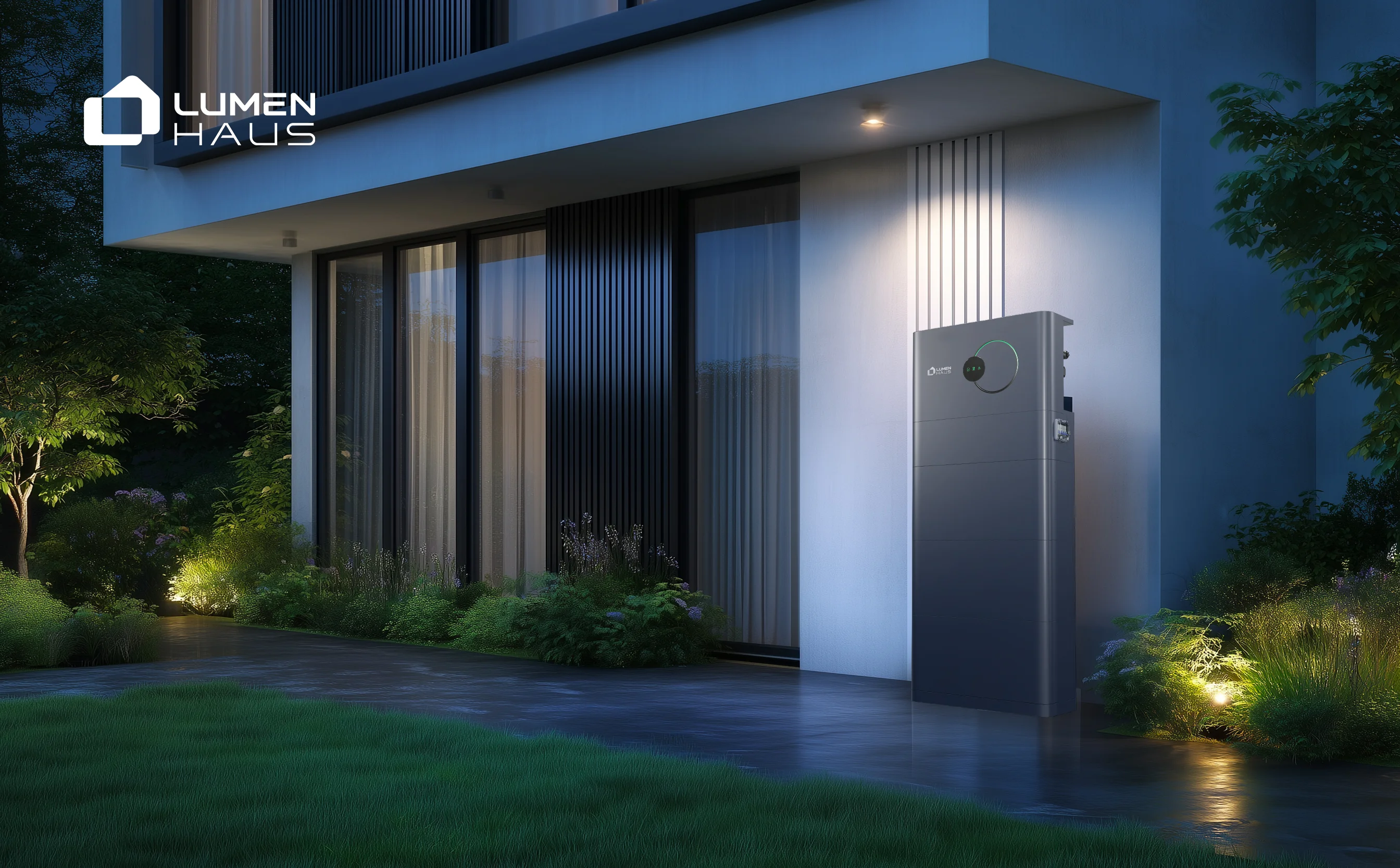What home backup power solutions are reliable during extreme weather in Germany
Extreme weather has become more and more common in Germany, and perhaps everywhere else in the world, due to climate change. Severe weather events affect much more than just technical problems like power outages. The everyday routines of entire houses and towns are disrupted when the electricity goes out. The household in Germany is very dependent on electrical power. Without it, they may experience feelings of vulnerability, anxiety, and loneliness, particularly in periods of intense heat or cold. The least thing that you want, right?
So, in order to make sure that your air conditioner operates consistently in the summer and your electric heater in the winter, you may consider selecting and installing a home backup power option, such as a generator or home battery. Especially if you have POTS (Postural Orthostatic Tachycardia Syndrome), which makes you particularly sensitive to temperature extremes and reliant on consistent climate control to manage your symptoms.
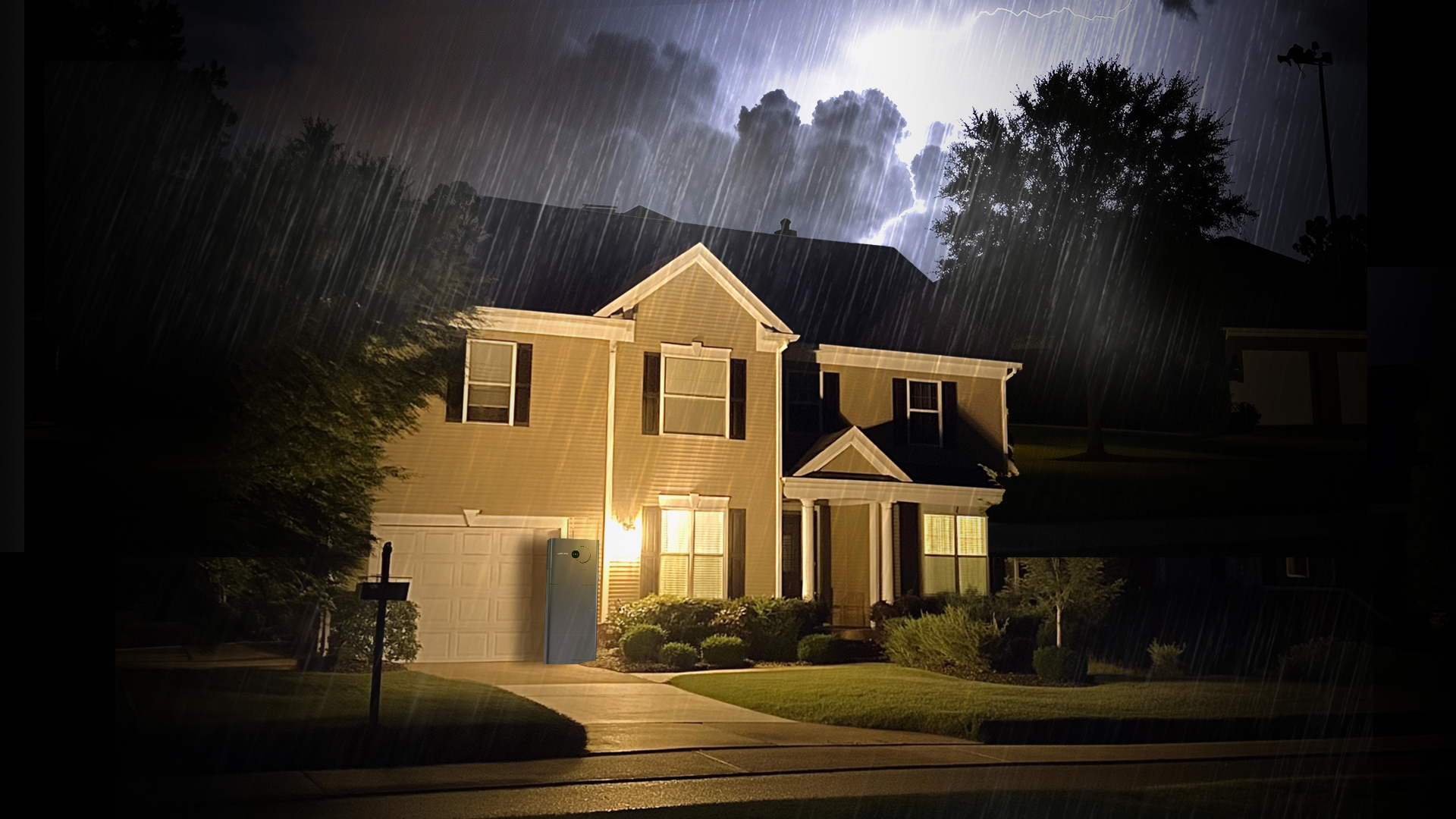
Reliable home backup power solutions during extreme weather in Germany
Why is the use of home backup power systems growing in Germany?
Can you imagine a cold Bavarian winter evening? You're enjoying your favorite Netflix series while curled up under a blanket, when all of a sudden -woops!- everything goes dark and you can’t continue any activities that you have been doing. No light. No heat. No WiFi. Now imagine that this is also taking place during a summer heat wave, when ventilation or air conditioning is essential. What a no fun!
According to the German Weather Service (DWD), the number of severe weather warnings has steadily increased over the past decade, largely due to climate change. Meaning? More likelihood of outages.
All of those problems, a home backup power solution is the answer!
According to preliminary data from the German Solar Industry Association (BSW Solar), residential energy storage installations in Germany increased by over 50% year-on-year, with more than 600,000 households now equipped with battery storage (2025).
Not only is emergency readiness important, but it’s also about energy independence. In order to lessen their dependency, Germans are becoming more and more interested in generating and storing their own electricity.
In Germany, many people now consider having backup power at home to be essential rather than a luxury. Reliable power backup is fast becoming a necessity for the modern German home, whether it's to prevent blackouts during storms or as simple as running your morning coffee machine without any issues.
Battery vs Generators: What is the reliable backup power solution for extreme weather in Germany?
Now we get into the real question here. Unpredictable power outages have the potential to completely ruin your day. This is precisely what occurred on April 28, 2025, when Spain’s struggling power grid experienced its longest widespread blackout due to grid failures that happened throughout the day. What if this occurred on a chilly German winter? At night? No lights or heat. No entertainment, as your phone and laptop are running out of battery. And most importantly, no warm meal cause your electric stove and microwave is not running. Thankfully, there are strategies to get ready for severe power outages. There are two main ways to prepare your home for a power outage: home batteries and generators. We explain here how to pick the best solution in Germany, depending on your energy needs, lifestyle, and the reliability of your local grid.
Fuel-powered standby generators were the only choice in the past, but there are now many alternative home backup power options available. Battery backups for homes that are quieter and emit fewer fumes have arrived and become everyone’s favorite. Home batteries don’t have the noise, carbon monoxide risk, or high fuel costs. Although they have their own costs, solar panels can help keep your battery charged, offering a renewable power solution for your home.
Although they are very different tools, batteries and generators offer the same fundamental function. Here are some things to consider before making a decision, as each has advantages and disadvantages.
Home Battery
During an outage, you can use the energy stored by home battery backup systems, such as LumenHaus SunSaver, to power your home. Batteries are powered by either the electrical grid or your home solar system. They are therefore far more environmentally friendly than generators that run on fuel. Even though they can be somewhat pricey up front, they might also be more economical. Using battery backups may be expensive upfront because you will need to pay for both the installation and the backup battery system.
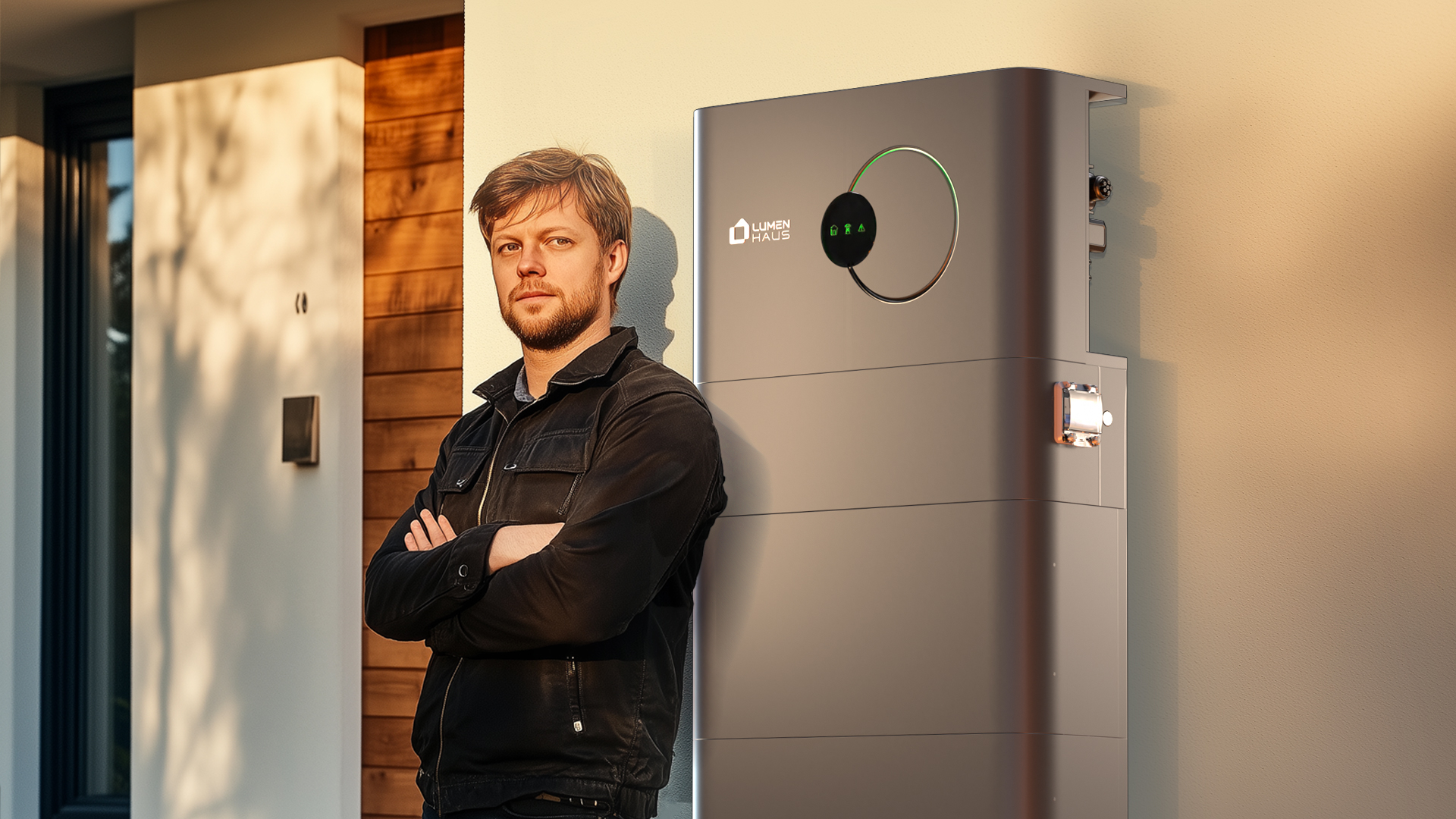
SunSaver All-in-one ESS from LumenHaus
Do you know that you can also save your electricity bills using a home battery? You can utilize your battery backup to power your house during peak hours rather than paying expensive electricity bills. You can recharge your battery and use your electricity as usual during off-peak hours at reduced cost.
Any excess electricity produced by your solar panels can also be stored in a home battery. Your house can be powered by this stored electricity at night and when the panel isn’t working as well.
Another good thing about battery backups is that they are easy to install because they can be put on the wall or floor. A warranty is also another feature that some backup battery manufacturers provide. Who doesn't like this piece of mind, right?
Generators
Standby generators are linked to your home's electrical system and activate automatically when the power goes out. It features a transfer switch that detects the outages and then instructs the generator to start up. Generators provide electricity during an outage using gasoline, natural gas, liquid propane, or diesel.
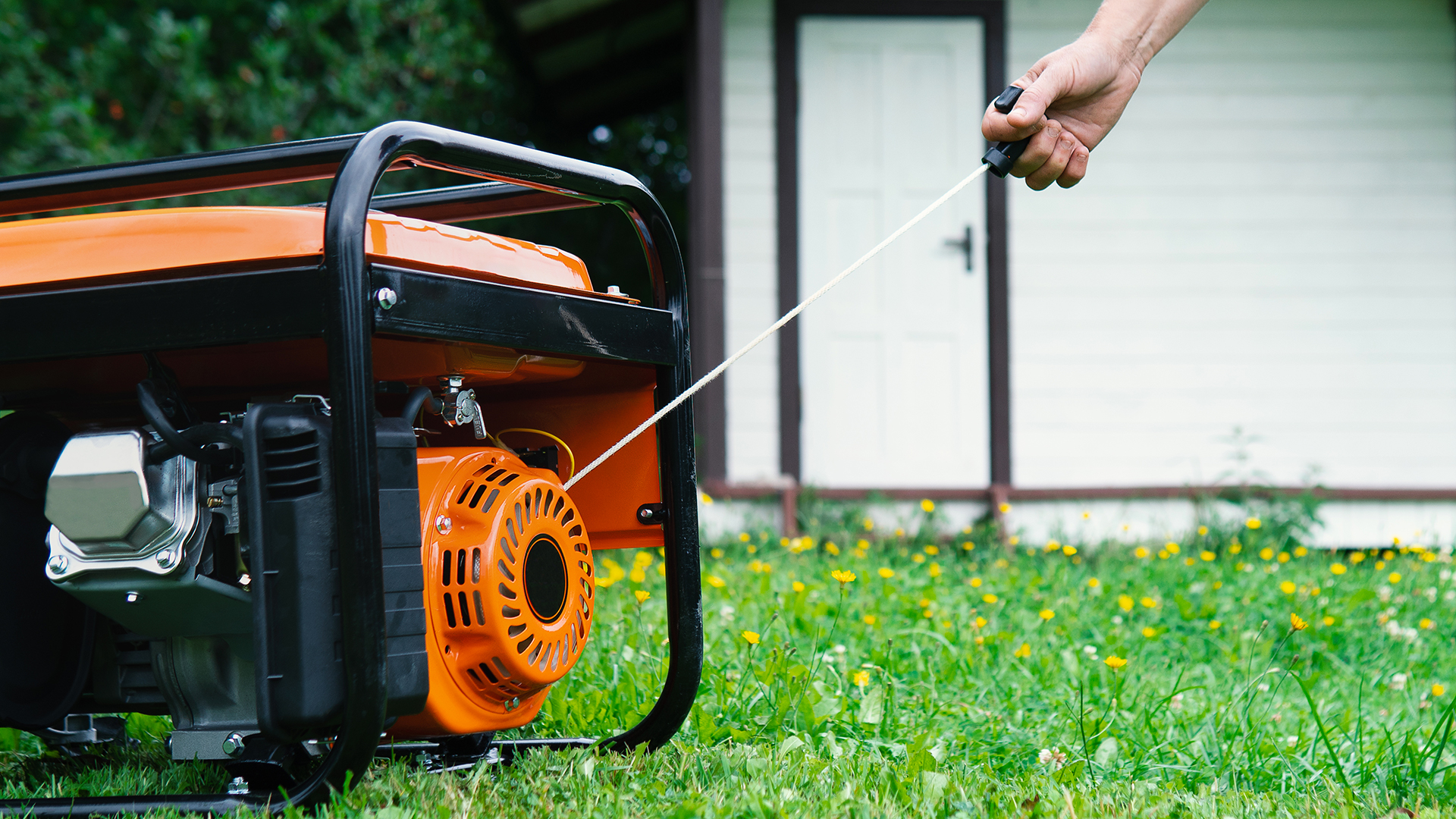
Generators During An Outage
So, which fuel should we opt for? Certain natural gas and propane generators can be linked to your home's gas line or propane tank. So there is no need for manual restoration. There's no need to walk outdoors and fill up the portable generator's gas tank in the middle of a storm. While diesel generators will require refueling in order to continue operating.
The upfront expenses are marginally cheaper for generators, but keep in mind that running a generator requires gasoline or fuel, which will raise your operating costs. And to install it, a concrete slab must be poured and the generator must be connected to a certain fuel supply, including the transfer switch installed.
However, when in operation, generators can be very noisy and annoying. This is what the German neighborhood hates. Depending on the fuel they arun on, they also release fumes or exhaust, which could annoy you or your neighbors.
Conclusion
So, beyond just being a backup during outages, modern home batteries offer a smart, cost-efficient way to manage your energy. Making them a reliable and future-proof solution for German households facing both extreme weather and shifting energy costs.

Because battery home backup power solutions keep your air conditioner and electric heater going during power outage, especially in German weather, we at LumenHaus are dedicated to providing cutting-edge, integrated energy storage systems that ensure your home stays comfortable and secure no matter what. Need to make sure your house power is operating while you’re away form home? myLumenHaus App is the answer!

